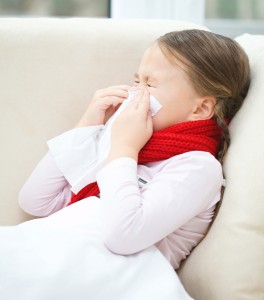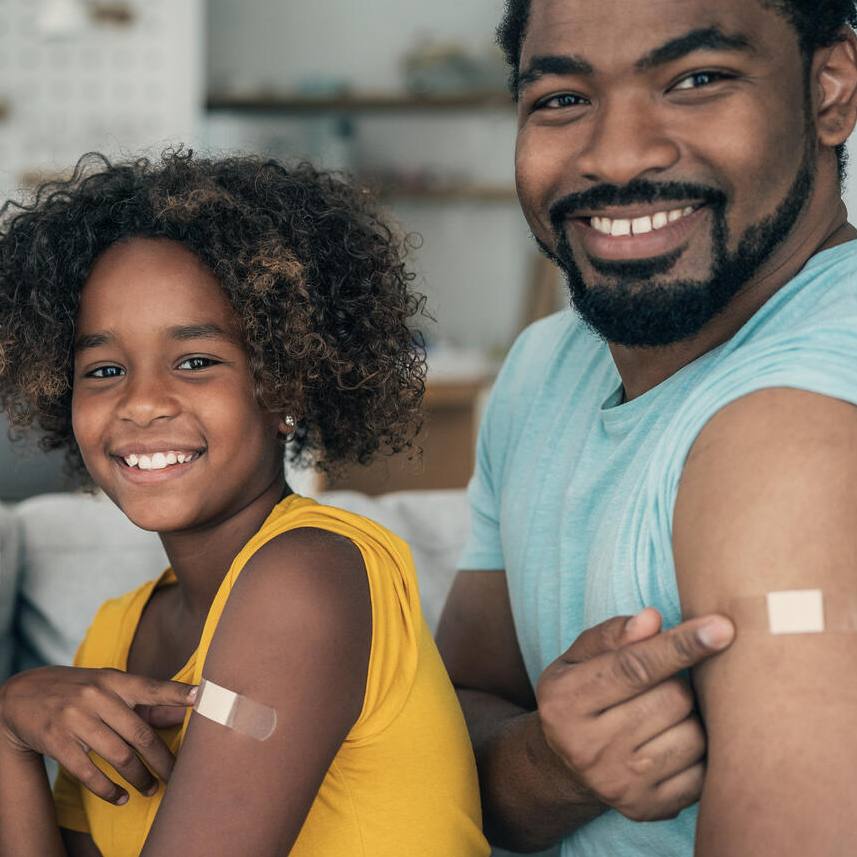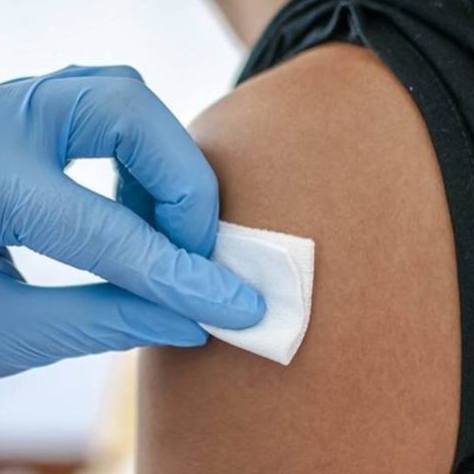-
Mayo Experts Comment on Respiratory Illnesses
ROCHESTER, Minn. — With the recent news about a large number of children affected by respiratory illnesses in the central U.S., Mayo Clinic Children’s Center pediatrician Phil Fischer, M.D., and pediatric infectious diseases specialist W. Charles Huskins, M.D., share information about these illnesses, what parents should look for and how to prevent them from spreading.
Journalists: Broadcast quality video of Dr. Huskins are available in the downloads.
Dr. Huskins explains that, based on a report from the Centers for Disease Control and Prevention on Sept. 8, it appears that infections in Missouri and Illinois are due to a previously known, but relatively uncommon enterovirus, called enterovirus D68.
Dr. Fischer explains that parents and clinicians be aware of the symptoms, such as fever, runny nose,  sneezing, coughing, rash and aches. For mildly ill children, parents can use “at home” remedies, such as fluids and over-the-counter cold treatments as needed. But parents should monitor their children closely and seek care, as they would usually, if their child appears to have more than a minor illness, especially if the child has difficulty breathing or a history of asthma or another chronic condition affecting the heart or lungs.
sneezing, coughing, rash and aches. For mildly ill children, parents can use “at home” remedies, such as fluids and over-the-counter cold treatments as needed. But parents should monitor their children closely and seek care, as they would usually, if their child appears to have more than a minor illness, especially if the child has difficulty breathing or a history of asthma or another chronic condition affecting the heart or lungs.
Dr. Huskins says that no vaccine or anti-virus medicine exists for enterovirus infection, but supportive treatments, such as fluids, breathing treatments and oxygen, help hospitalized children recover. Dr. Fischer recommends avoiding contact with ill persons. Children who are ill should cover their coughs or sneezes, wash their hands frequently after handling tissues, and stay home until they feel better and avoid contact with other children. Parents should wash their hands after changing diapers and after helping their child use the bathroom. In addition, it is always wise to wash hands after contact with other people, after touching surfaces in public areas, and before eating or preparing food.
It is also important that children get vaccines for other kinds of preventable respiratory infections including pneumococcal and influenza vaccines.
What should people with asthma and children suffering from reactive airway disease do? The CDC recommends:
- Discuss and update your asthma action plan with your primary care provider.
- Take your prescribed asthma medications as directed, especially long term control medication(s).
- Be sure to keep your reliever medication with you.
- Get a flu vaccine when available.
- If you develop new or worsening asthma symptoms, follow the steps of your asthma action plan. If your symptoms do not go away, call your doctor right away.
- Parents should make sure the child’s caregiver and/or teacher is aware of his/her condition, and that they know how to help if the child experiences any symptoms related to asthma.
###
About Mayo Clinic
Recognizing 150 years of serving humanity in 2014, Mayo Clinic is a nonprofit worldwide leader in medical care, research and education for people from all walks of life. For more information, visit 150years.mayoclinic.org, http://www.mayoclinic.org and newsnetwork.mayoclinic.org.
Media Contact: Kelley Luckstein 507-284-5005, newsbureau@mayo.edu
Related Articles







